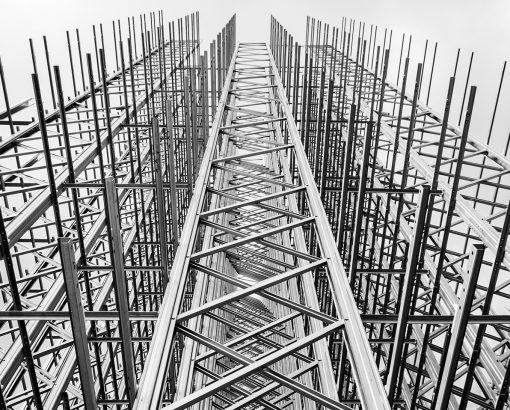
Attorney Gerard Donnelly successfully obtained summary judgment on behalf of a construction company in an action arising from alleged sewer defects in a large hotel construction project in Boston, Massachusetts.
The plaintiff was the owner of commercial property located adjacent to the hotel constructed by the defendants. The plaintiff purchased the subject commercial property in 2009 at a foreclosure sale after the previous owner had experienced financial problems. The plaintiff, upon discovering that the sewer line serving its property was obstructed and not functioning properly, alleged that the defendants cut, capped or blocked a sewer and/or water line servicing the commercial property during the course of the adjacent hotel construction, causing damage and significant economic loss to the plaintiff’s development of its property. Plaintiff filed an action for negligence, strict liability, trespass, prima facie tort and breach of contract against the general contractor and several subcontractors who had been hired to conduct excavating, backfilling, grading and repaving work along the private alleyway separating the hotel and the plaintiff’s property under which the subject sewer and water lines were located.
Attorney Donnelly filed a Motion for Summary Judgment on behalf of the general contractor and argued, in part, that the plaintiff developer had filed its action beyond the applicable statute of limitations. The Complaint had been filed in December 2012, but the plaintiff purchased the subject property in May 2009. Plaintiff counsel contended that the defects to the sewer were not discovered until May 2011 and that until that time the defects were “inherently unknowable.” Accordingly, plaintiff counsel argued that statute of limitations began tolling in 2011 and not 2009.
Defense counsel argued that although the alleged defects to the sewer were discovered in 2011, the delay in the discovery was caused by the plaintiff’s own failure to conduct due diligence on the property for the two years it owned the property prior to the discovery. In support of this argument, defense counsel highlighted that when plaintiff finally hired a video inspection company to investigate the cause of the problems with the sewer lines, the problems were obvious and readily seen during the inspection.
While the court did find that the plaintiff may have been able to show negligence on the part the defendants, it ultimately agreed with defense counsel’s arguments pertaining to the statute of limitations. The court found that plaintiff’s counts for negligence and trespass were time-barred as the problems with the sewer lines could have been found earlier. Further, the court determined that “[i]nherent knowability is not a fact, but rather a conclusion to be drawn from the facts.” Melrose Hous. Auth v. New Hampshire Ins. Co., 402 Mass. 27, 31-21 n. 4 (1988).
The court also found that the plaintiff’s breach of contract claim could not survive summary judgment as none of the defendants were signatories to an agreement to maintain and protect the sewer and water lines that had been entered into by plaintiff and abutting property owners and the Boston Redevelopment Authority. The court was not persuaded by plaintiff counsel’s further arguments that it was an intended third-party beneficiary or an incidental third-party beneficiary to the agreement.
Accordingly, the court allowed the Defendants’ Joint Motion for Summary Judgment, dismissed Plaintiff’s Complaint and extinguished any remaining cross-claims.


